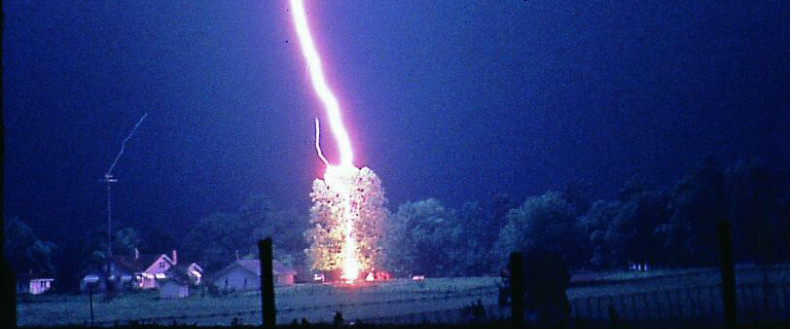New Epolitics.com contributor Dr. Jeff Swift is the author of “Digital Community Organizing: Why Political Power Must be Shared, Not Stored”, which outlines practical strategies for using digital media to build powerful networks.
The 2016 election broke almost all the rules of American political campaigning. Norms were shattered, traditions were obliterated, and strategies were discarded. Campaign experts all over the country were left holding a handful of yard signs and expensive political mailers, wondering how in the world this could have happened.
Much ink will spill as we analyze why this election ended the way it did; I want to talk about where we go from here. The path forward starts with an understanding of strategies employed by political leadership at every level.
There are two types of leaders in politics: those who store power, and those who share it. The former are the most prominent, the latter are the most successful.
The power-storing leaders are the most prominent because they get things done quickly. They are the state house candidates who get 100 people to show up at a house party. They are the city councilors who have 10,000 more Twitter followers than their city has residents. They are the US Representatives who spend more time on CNN than in their home district.
And, to be fair, their strategy can bring some success. They are recharged by their prominence, they get their staffers to work hard, and occasionally they’ll have some volunteers to help out on social media or take some pictures. But volunteers are always just foot soldiers — if power-storing leaders want something done right, they do it themselves.
These leaders will use digital tools to track their supporters so they can target email blasts and solicit donations from social media. They might even stay in office for years and years.
They are the batteries of politics. They lead by collecting their community’s power and storing it.
Political leaders who share power go about things in a different way. Their strategy is often less visible because it’s about building relationships and sharing responsibility. They surround themselves with good people and then get out of the way.
These leaders are not batteries, but lightning rods — their goal is to capture power and spread it out to others.
Power-sharing leaders also host house parties, but will have delegated the key decisions to a trusted volunteer. They will be on Facebook and Twitter, but they will use social media to listen to their constituents as well as to speak to them. Their offline events and digital tools will help them get to know future leaders so that they can continuously distribute power and responsibility.
They build a power grid full of generators and power lines. No matter how powerful the generating station is on its own, these power grids become a supercharged network of transmission and distribution lines to help get things done.
The beauty of this leadership strategy is that it builds infrastructure that is not reliant on any one power generator. Power is allowed to be generated all over the grid, increasing the reach and deepening the involvement of everyone involved.
These multiple levels of leadership “beside” (rather than “below”) the leader are nodes of power whose job it is to get stuff done and pass power/responsibility further down the line. When something big happens, or something big needs to happen, there’s already a full network set up and ready to go.
This type of power grid relies on the renewable energy of its staffers, leaders, and volunteers. When leaders know their supporters well enough, they can delegate the right responsibilities to them — ones that they would really like and for which they are well-suited — and let them run with those responsibilities.
And, the best part of this leadership strategy: lightning rods never explode when they get too much power.
Read more in Jeff’s ebook, available on Amazon

